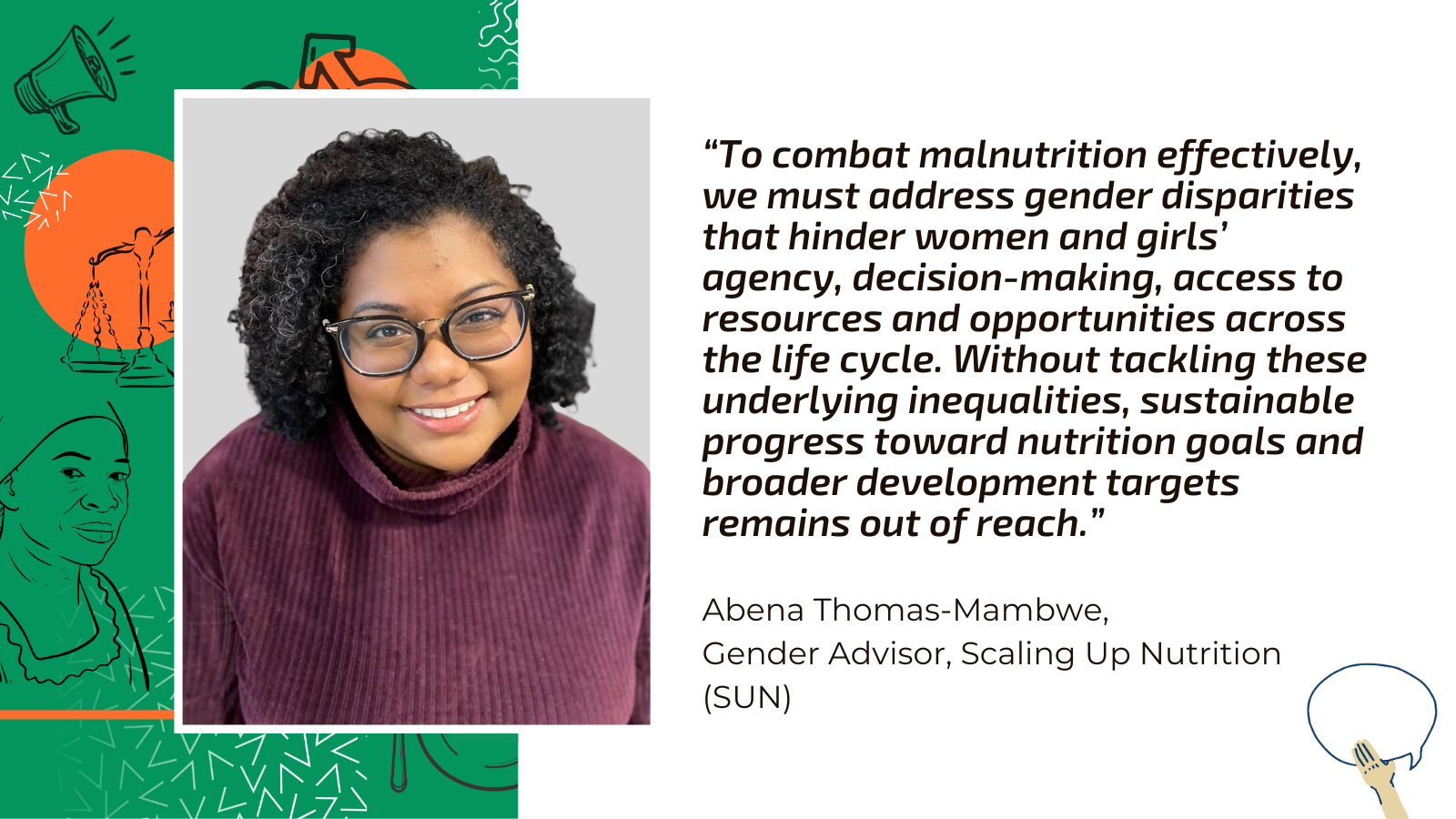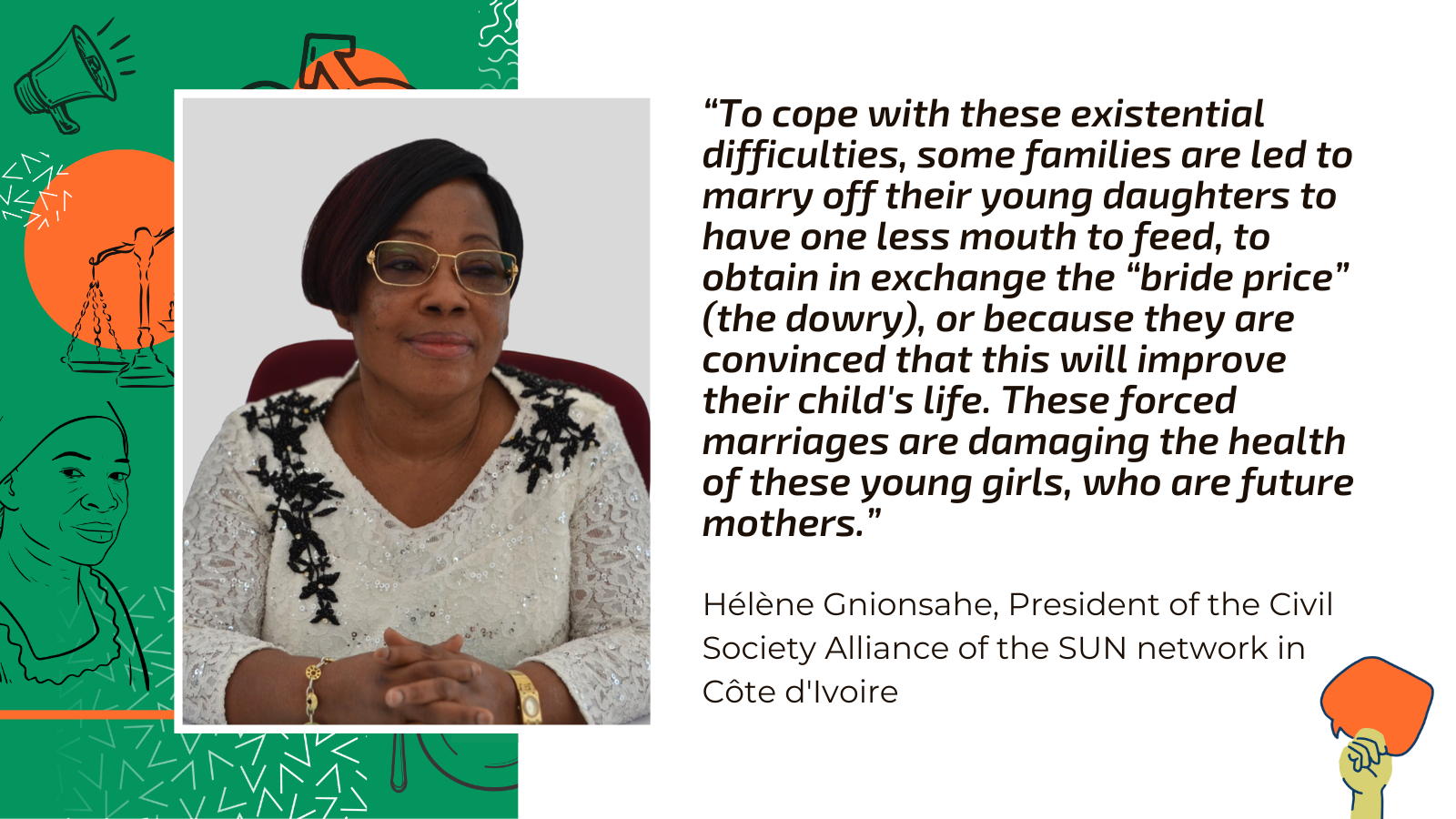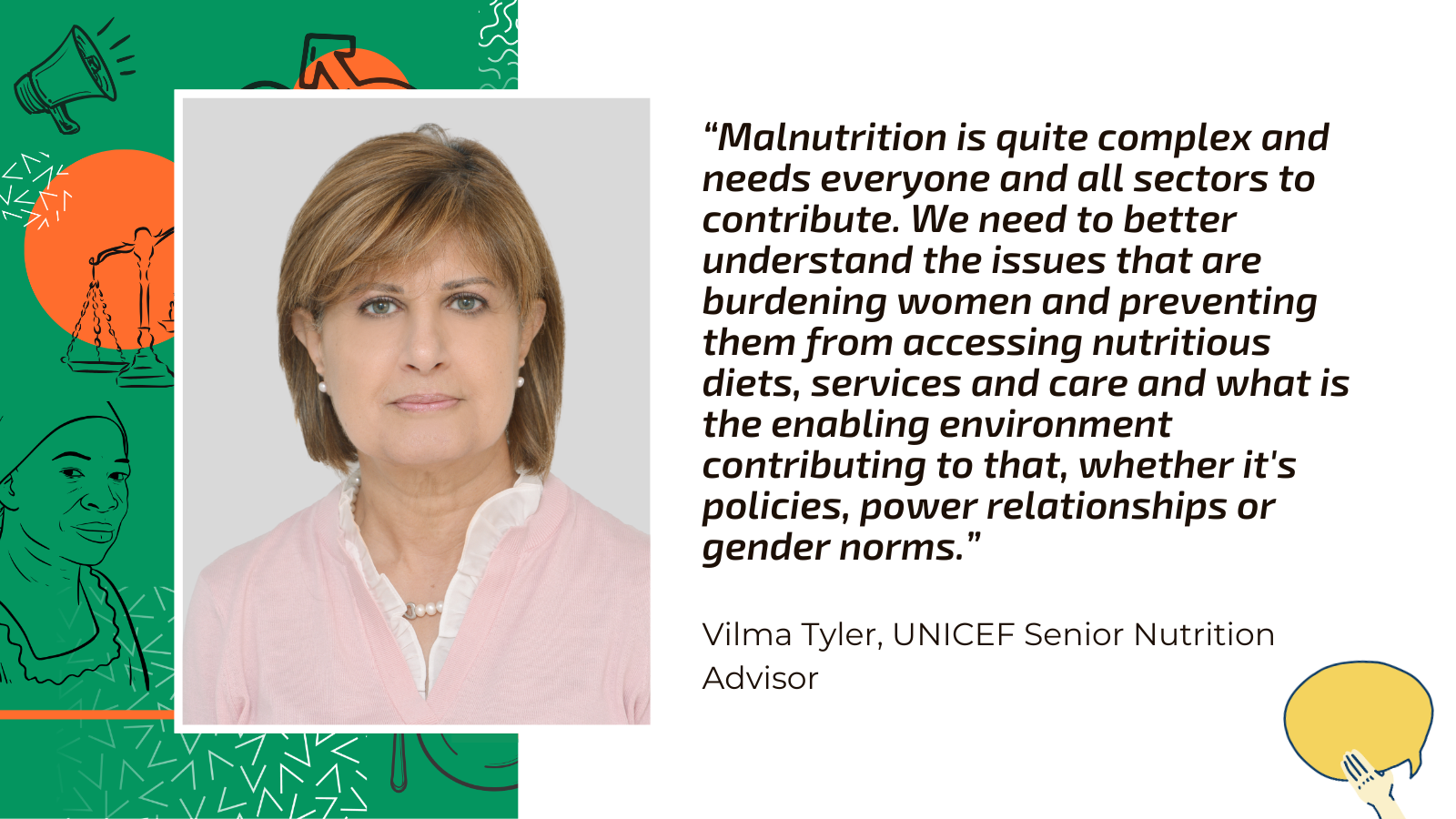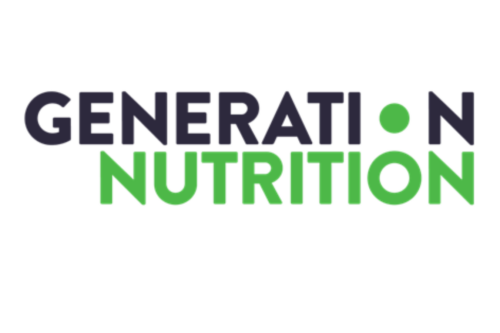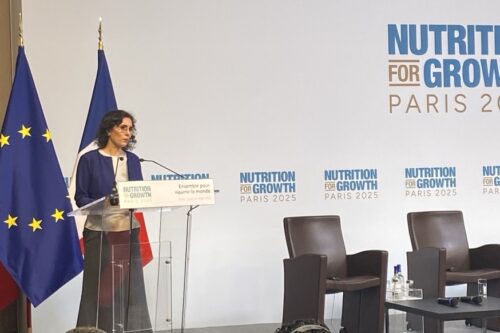Analysis
A Soda Tax to Fund the Global Fight Against Malnutrition A Fiscal Lever for Public Health
1 July 2025
Malnutrition is worsening across the world. With the upcoming international Nutrition for Growth (N4G) summit to be held in Paris in March 2025 and the upcoming discussions regarding the EU’s MFF – and while austerity measures are spreading across Europe – Global Health Advocates is actively working, in particular as part of the Generation Nutrition coalition at the EU level, to ensure that the year 2025 marks a significant step forward in the eradication of malnutrition worldwide.

